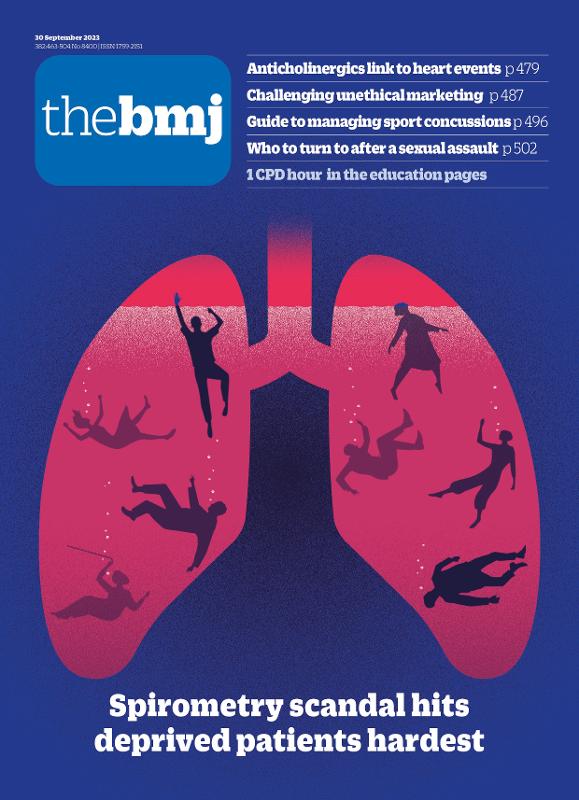Climate change is not just an environmental concern; it is a public health emergency with dire consequences for human lives. The Intergovernmental Panel on Climate Change predicts that by 2050, climate change-related factors will claim 250,000 lives annually worldwide. As healthcare professionals, it is our duty to advocate for policies that protect current and future generations. We cannot ignore the immediate dangers that climate change poses to our health and well-being. The recent retreat from critical net zero policies, like the delay in banning petrol and diesel car sales, leaves us more vulnerable. It's time to prioritize action and ensure a sustainable and healthy future.
The Impact of Climate Change on Public Health
Understand the alarming consequences of climate change for public health and the urgent need for action
Climate change poses a significant threat to public health, with dire consequences that can no longer be ignored. According to the Intergovernmental Panel on Climate Change, an estimated 250,000 lives will be lost each year globally by 2050 due to climate change-related factors. The rising temperatures, extreme weather events, and air pollution caused by climate change contribute to respiratory diseases, cardiovascular disorders, and various other health problems.
To combat these risks, immediate action is imperative. We must address the root causes of climate change and implement sustainable measures to safeguard public health. Are we ready to take on this challenge to protect our well-being and that of future generations?
The Link Between Air Pollution and Health
Explore the detrimental effects of air pollution on human health, and the role of petrol and diesel vehicles in exacerbating the problem
Air pollution represents a silent killer that affects the well-being of millions. Long-term exposure to pollutants from petrol and diesel vehicles, such as nitrogen oxides and particulate matter, leads to respiratory diseases and cardiovascular conditions. Shockingly, over 40,000 premature deaths occur annually in the UK alone as a result of air pollution.
Petrol and diesel vehicles are major contributors to this issue. These vehicles release harmful emissions, polluting the air we breathe, particularly in urban areas with high traffic volumes. The delay in implementing the ban on the sale of new petrol and diesel cars only prolongs our exposure to these harmful pollutants. Is it not our responsibility to act now and protect ourselves and our communities from the devastating effects of air pollution?
The Disproportionate Impact on Vulnerable Communities
Examine how climate change disproportionately affects lower-income communities and children, perpetuating health inequalities
It is essential to recognize that climate change exacerbates existing health inequalities, with vulnerable communities being hit the hardest. Lower-income neighborhoods are frequently situated in areas with high traffic volumes and limited access to green spaces. This places residents, especially children, at a higher risk of respiratory illnesses, stunted lung development, and other long-term health problems.
The decision to postpone critical measures to combat climate change, such as the ban on petrol and diesel vehicles, further disadvantages these communities. We cannot ignore the social injustices and disparities that arise from climate change. How can we ensure a just transition to a sustainable future that protects the health and well-being of all individuals, regardless of their socioeconomic status?
Conclusion
Climate change is not just an environmental concern; it is a public health emergency that demands immediate action. The impacts on public health are already being felt, and the projections for the future are alarming. To protect ourselves and future generations, it is crucial that we prioritize the implementation of net-zero policies, address air pollution, and ensure that vulnerable communities are not left behind.
We cannot afford to delay the necessary measures any further. Our health and well-being are at stake. Let us come together as individuals, communities, and governments to create a sustainable and healthy future for all.
FQA :
What are the main health risks associated with climate change?
Climate change poses significant health risks, including respiratory diseases, cardiovascular disorders, and increased vulnerability to heat-related illnesses. It also contributes to the spread of vector-borne diseases and exacerbates mental health issues.
Why is it important to address air pollution in the context of climate change?
Air pollution, largely caused by emissions from vehicles and industries, not only contributes to climate change but also directly affects public health. Long-term exposure to pollutants can lead to lung damage, cardiovascular problems, and even premature death.
How does climate change impact vulnerable communities?
Lower-income communities, often located in areas with limited access to green spaces and high traffic volumes, bear the brunt of climate change impacts. Children growing up in these communities are at a higher risk of respiratory illnesses, stunted lung development, and other long-term health issues.

